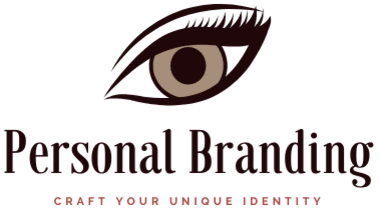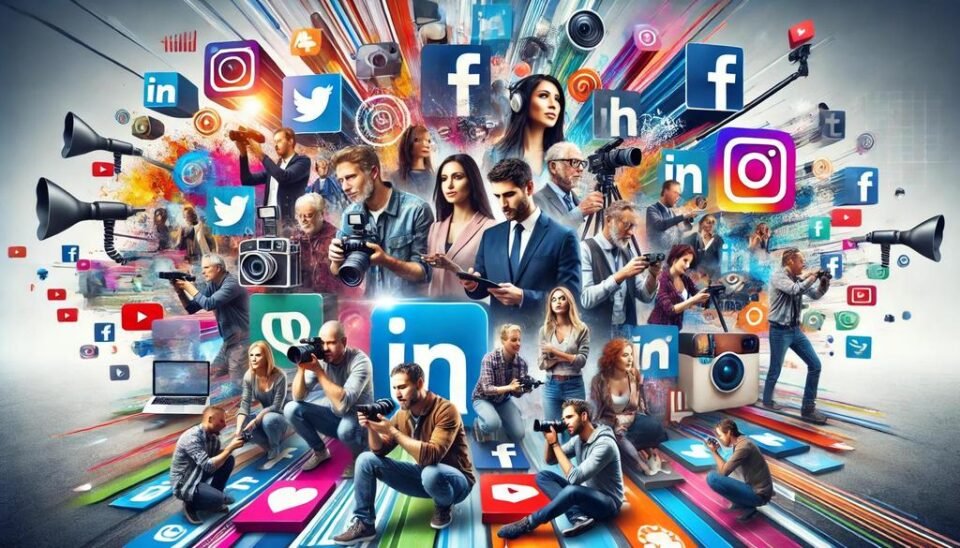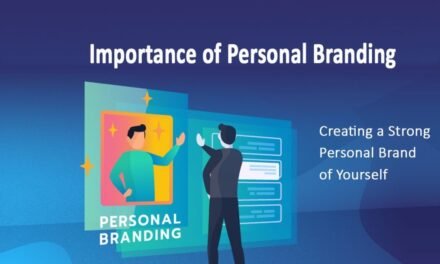Resources for Personal Branding: A Comprehensive Guide
Personal branding is the art of marketing yourself and your career as a brand. In today’s digital age, where everyone has access to vast online platforms, building and promoting a personal brand has become essential for success. Whether you’re an entrepreneur, freelancer, professional, or content creator, a strong personal brand can help you stand out, attract opportunities, and establish credibility in your field.
To build a personal brand that resonates with your audience and potential clients, you’ll need the right resources. From online tools to educational materials, there are numerous platforms that can help you manage and enhance your personal brand. In this article, we’ll explore some of the best resources available to you.
1. Building Your Online Presence
The foundation of any personal brand today is a strong online presence. This begins with creating a website that reflects who you are, your values, and your expertise.
- Website Builders:
- WordPress: One of the most popular content management systems (CMS), WordPress is perfect for building a personal brand website. With its vast library of themes and plugins, it offers a high degree of customization. For a more polished design, tools like Elementor or Divi allow for drag-and-drop customization, making it easy for beginners to create a professional-looking website.
- Wix: If you’re looking for an easier setup, Wix offers a highly intuitive platform with beautiful templates, perfect for creating a personal brand website with minimal effort.
- Squarespace: Known for its sleek and stylish designs, Squarespace is another platform that’s ideal for creating visually stunning websites that are easy to maintain.
- Domain Name:
- Namecheap or GoDaddy: A custom domain name is crucial for your personal brand. These platforms allow you to purchase a domain that reflects your brand name and provides credibility to your website.
2. Social Media Platforms
Social media is an integral part of personal branding. It gives you access to an enormous audience and allows you to directly engage with them. Different platforms offer different strengths based on your target audience and niche.
- LinkedIn: The go-to social media platform for professionals, LinkedIn helps you connect with others in your industry, share your expertise, and position yourself as a thought leader. Make sure your profile is optimized with a compelling headline, a professional photo, and an engaging summary that highlights your skills, accomplishments, and personal values.
- Instagram: This platform is perfect for showcasing a visual representation of your brand. It works well for entrepreneurs, content creators, and influencers who want to engage with their audience through images, stories, and reels.
- Twitter: Ideal for sharing thoughts, ideas, and connecting with others in real time. Twitter allows you to join industry conversations and stay on top of trends. By consistently engaging with others, you can grow your following and build a strong personal brand presence.
- TikTok: For those in the creative and entertainment industries, TikTok provides a fast-growing platform for personal branding. With short, engaging videos, you can showcase your personality and creativity.
- Facebook: Although not as prominent in the professional space as LinkedIn, Facebook still offers powerful tools for building a community around your personal brand through Groups, Pages, and Events.
3. Content Creation Tools
Content is king when it comes to personal branding. High-quality content helps establish your authority and engage with your audience. There are several tools available that can help you create, manage, and promote content for your personal brand.
- Canva: A user-friendly graphic design tool that helps you create everything from social media graphics to presentations. Canva has templates for personal brand assets like logo designs, social media posts, and more, making it perfect for non-designers.
- Buffer or Hootsuite: These social media management tools help you schedule and automate your social media posts across multiple platforms. With these tools, you can stay consistent with your content and reach your audience at the best times.
- Grammarly: Writing quality content is essential for personal branding, and Grammarly ensures that your written material is free of errors. Whether you’re writing blog posts, social media captions, or email newsletters, Grammarly helps ensure your content is polished and professional.
- Descript: For podcasters and video content creators, Descript provides an easy way to edit audio and video. It includes transcription features, making it easy to turn podcasts and videos into written content for blogs or social media.
4. Networking and Mentorship Resources
Networking is a cornerstone of personal branding, as it allows you to build relationships, share knowledge, and discover new opportunities.
- Meetup: A platform for finding and creating local events, Meetup allows you to attend or host events in your industry, network with like-minded individuals, and expand your professional connections.
- Clubhouse: Clubhouse is a live audio-based social network where people host conversations about various topics. It’s a great platform for sharing your expertise, engaging in industry discussions, and expanding your network.
- LinkedIn Groups: Join LinkedIn groups that are relevant to your industry or interests. Participate in discussions, offer advice, and learn from others. Active involvement in groups can enhance your visibility and position you as a subject-matter expert.
- Mentorship Programs: Platforms like Find a Mentor and Score.org offer mentorship opportunities that can help you grow both personally and professionally. Working with a mentor is a powerful way to accelerate your personal brand development.
5. Learning and Development Resources
A strong personal brand isn’t just about self-promotion—it’s also about continuous learning and staying ahead in your field. The following platforms offer courses and learning resources that will help you develop the skills needed to enhance your personal brand.
- Coursera & Udemy: These platforms offer online courses in everything from marketing and branding to entrepreneurship, leadership, and design. There are courses specifically focused on building personal brands, from creating a website to marketing yourself effectively.
- Skillshare: Skillshare offers a wide range of creative courses, from graphic design to photography. It’s a great resource for developing your skills and finding inspiration for personal brand content.
- YouTube: Free video content on personal branding is abundant on YouTube. From tutorials to interviews with branding experts, YouTube is a valuable resource for learning how to refine your personal brand.
- Books: Books like “You Are a Brand!” by Catherine Kaputa and “Building a StoryBrand” by Donald Miller offer valuable insights into personal branding and marketing strategies that work.
6. Email Marketing Tools
Email marketing is one of the most direct and effective ways to communicate with your audience. As part of your personal brand strategy, building an email list is critical for nurturing long-term relationships.
- Mailchimp: Known for its user-friendly interface, Mailchimp allows you to design and automate email campaigns, manage your subscriber lists, and track performance.
- ConvertKit: ConvertKit is ideal for creators and entrepreneurs. It offers tools for growing and managing your email list, automating email sequences, and creating personalized experiences for your subscribers.
- Substack: If you’re interested in starting a newsletter to build a direct connection with your audience, Substack is an excellent platform. It allows you to monetize your email content and grow a subscriber base.


